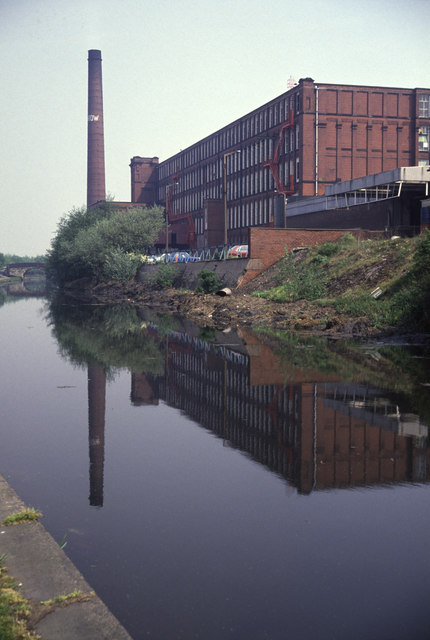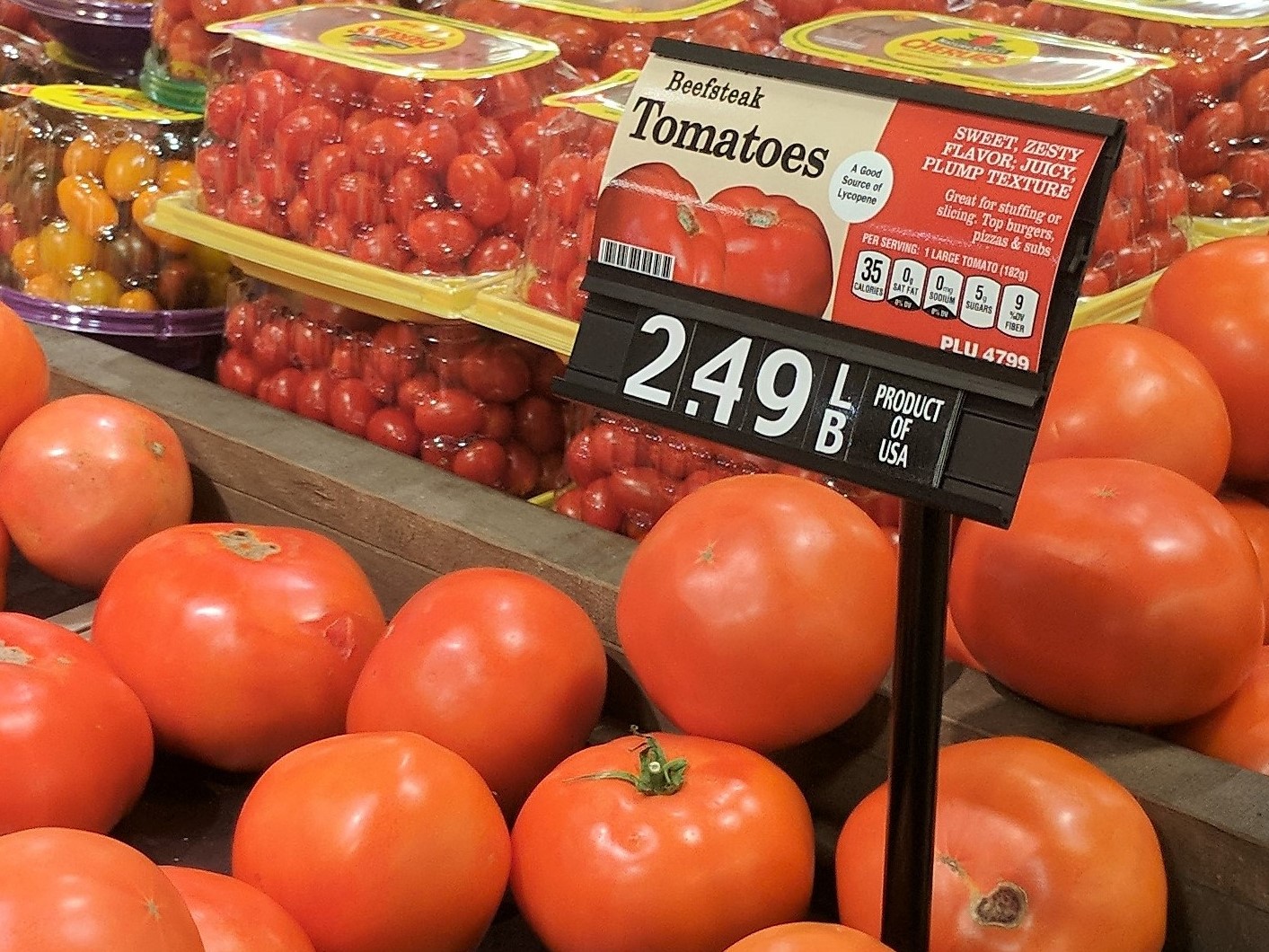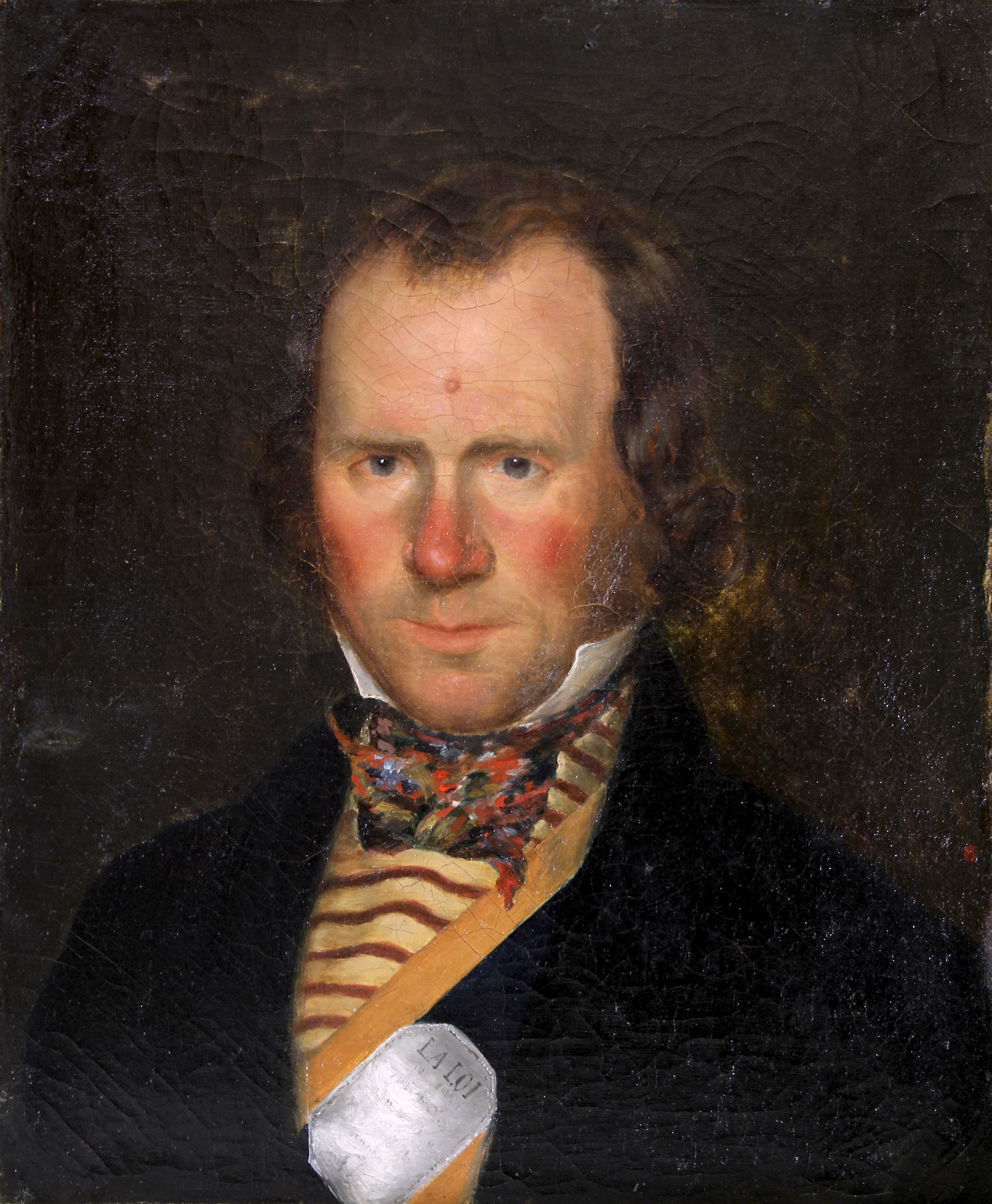|
John Bright
John Bright (16 November 1811 – 27 March 1889) was a British Radical and Liberal statesman, one of the greatest orators of his generation and a promoter of free trade policies. A Quaker, Bright is most famous for battling the Corn Laws. In partnership with Richard Cobden, he founded the Anti-Corn Law League, aimed at abolishing the Corn Laws, which raised food prices and protected landowners' interests by levying taxes on imported wheat. The Corn Laws were repealed in 1846. Bright also worked with Cobden in another free trade initiative, the Cobden–Chevalier Treaty of 1860, promoting closer interdependence between Great Britain and the Second French Empire. This campaign was conducted in collaboration with French economist Michel Chevalier, and succeeded despite Parliament's endemic mistrust of the French. Bright sat in the House of Commons from 1843 to 1889, promoting free trade, electoral reform and religious freedom. He was almost a lone voice in opposing the Crime ... [...More Info...] [...Related Items...] OR: [Wikipedia] [Google] [Baidu] |
The Right Honourable
''The Right Honourable'' ( abbreviation: ''Rt Hon.'' or variations) is an honorific style traditionally applied to certain persons and collective bodies in the United Kingdom, the former British Empire and the Commonwealth of Nations. The term is predominantly used today as a style associated with the holding of certain senior public offices in the United Kingdom, Canada, New Zealand, and to a lesser extent, Australia. ''Right'' in this context is an adverb meaning 'very' or 'fully'. Grammatically, ''The Right Honourable'' is an adjectival phrase which gives information about a person. As such, it is not considered correct to apply it in direct address, nor to use it on its own as a title in place of a name; but rather it is used in the third person along with a name or noun to be modified. ''Right'' may be abbreviated to ''Rt'', and ''Honourable'' to ''Hon.'', or both. ''The'' is sometimes dropped in written abbreviated form, but is always pronounced. Countries with common or ... [...More Info...] [...Related Items...] OR: [Wikipedia] [Google] [Baidu] |
Rochdale
Rochdale ( ) is a large town in Greater Manchester, England, at the foothills of the South Pennines in the dale on the River Roch, northwest of Oldham and northeast of Manchester. It is the administrative centre of the Metropolitan Borough of Rochdale, which had a population of 211,699 in the 2011 census. Located within the historic boundaries of the county of Lancashire. Rochdale's recorded history begins with an entry in the Domesday Book of 1086 under "Recedham Manor". The ancient parish of Rochdale was a division of the hundred of Salford and one of the largest ecclesiastical parishes in England, comprising several townships. By 1251, Rochdale had become important enough to have been granted a Royal charter. Rochdale flourished into a centre of northern England's woollen trade, and by the early 18th century was described as being "remarkable for many wealthy merchants". Rochdale rose to prominence in the 19th century as a mill town and centre for textile manufacture ... [...More Info...] [...Related Items...] OR: [Wikipedia] [Google] [Baidu] |
Cobden–Chevalier Treaty
The Cobden–Chevalier Treaty was an Anglo-French free trade agreement signed between Great Britain and France on 23 January 1860. After Britain began free trade policies in 1846, there remained tariffs with France. The 1860 treaty ended tariffs on the main items of trade—wine, brandy and silk goods from France, and coal, iron and industrial goods from Britain. The new policy was widely copied across Europe. According to Stephen Krasner, the treaty set off a "golden age of free trade" in Europe, which was lasted until the late 1870s. It was the first of eight " most favoured nation" treaties the British negotiated in the 1860s. By the 1880s, however, the rise of protectionism in Germany, the United States and elsewhere made the treaty less relevant. It was the first modern free trade agreement. It is named after the main British and French originators of the treaty, Richard Cobden MP and Michel Chevalier. Origins and negotiations In a Parliamentary session of 1859, Cobden's fri ... [...More Info...] [...Related Items...] OR: [Wikipedia] [Google] [Baidu] |
Food Prices
Food prices refer to the average price level for food across countries, regions and on a global scale. Food prices have an impact on producers and consumers of food. Price levels depend on the food production process, including food marketing and food distribution. Fluctuation in food prices is determined by a number of compounding factors. Geopolitical events, global demand, exchange rates, government policy, diseases and crop yield, energy costs, availability of natural resources for agriculture, food speculation, changes in the use of soil and weather events have a direct impact on the increase or decrease of food prices. The consequences of food price fluctuation are multiple. Increases in food prices, or agflation, endangers food security, particularly for developing countries, and can cause social unrest. Increases in food prices is related to disparities in diet quality and health, particularly among vulnerable populations, such as women and children. Food prices will o ... [...More Info...] [...Related Items...] OR: [Wikipedia] [Google] [Baidu] |
Anti-Corn Law League
The Anti-Corn Law League was a successful political movement in Great Britain aimed at the abolition of the unpopular Corn Laws, which protected landowners’ interests by levying taxes on imported wheat, thus raising the price of bread at a time when factory-owners were trying to cut wages. The League was a middle-class nationwide organisation that held many well-attended rallies on the premise that a crusade was needed to convince parliament to repeal the corn laws. Its long-term goals included the removal of feudal privileges, which it denounced as impeding progress, lowering economic well-being, and restricting freedom. The League played little role in the final act in 1846 when Sir Robert Peel led the successful battle for repeal. However, its experience provided a model that was widely adopted in Britain and other democratic nations to demonstrate the organisation of a political pressure group with the popular base. Corn Laws The Corn Laws were taxes on imported grain i ... [...More Info...] [...Related Items...] OR: [Wikipedia] [Google] [Baidu] |
Richard Cobden
Richard Cobden (3 June 1804 – 2 April 1865) was an English Radical and Liberal politician, manufacturer, and a campaigner for free trade and peace. He was associated with the Anti-Corn Law League and the Cobden–Chevalier Treaty. As a young man, Cobden was a successful commercial traveller who became co-owner of a highly profitable calico printing factory in Sabden but lived in Manchester, a city with which he would become strongly identified. However, he soon found himself more engaged in politics, and his travels convinced him of the virtues of free trade (anti-protection) as the key to better international relations. In 1838, he and John Bright founded the Anti-Corn Law League, aimed at abolishing the unpopular Corn Laws, which protected landowners' interests by levying taxes on imported wheat, thus raising the price of bread. As a Member of Parliament from 1841, he fought against opposition from the Peel ministry, and abolition was achieved in 1846. Another free trade ... [...More Info...] [...Related Items...] OR: [Wikipedia] [Google] [Baidu] |
Corn Laws
The Corn Laws were tariffs and other trade restrictions on imported food and corn enforced in the United Kingdom between 1815 and 1846. The word ''corn'' in British English denotes all cereal grains, including wheat, oats and barley. They were designed to keep corn prices high to favour domestic producers, and represented British mercantilism. The Corn Laws blocked the import of cheap corn, initially by simply forbidding importation below a set price, and later by imposing steep import duties, making it too expensive to import it from abroad, even when food supplies were short. The House of Commons passed the corn law bill on March 10, 1815, the House of Lords on March 20 and the bill received Royal assent on March 23, 1815. The Corn Laws enhanced the profits and political power associated with land ownership. The laws raised food prices and the costs of living for the British public, and hampered the growth of other British economic sectors, such as manufacturing, by reducing t ... [...More Info...] [...Related Items...] OR: [Wikipedia] [Google] [Baidu] |
Quaker
Quakers are people who belong to a historically Protestant Christian set of Christian denomination, denominations known formally as the Religious Society of Friends. Members of these movements ("theFriends") are generally united by a belief in each human's ability to experience Inward light, the light within or see "that of God in every one". Some profess a priesthood of all believers inspired by the First Epistle of Peter. They include those with evangelicalism, evangelical, Holiness movement, holiness, Mainline Protestant, liberal, and Conservative Friends, traditional Quaker understandings of Christianity. There are also Nontheist Quakers, whose spiritual practice does not rely on the existence of God. To differing extents, the Friends avoid creeds and Hierarchical structure, hierarchical structures. In 2017, there were an estimated 377,557 adult Quakers, 49% of them in Africa. Some 89% of Quakers worldwide belong to ''evangelical'' and ''programmed'' branches that hold ... [...More Info...] [...Related Items...] OR: [Wikipedia] [Google] [Baidu] |
Free Trade
Free trade is a trade policy that does not restrict imports or exports. It can also be understood as the free market idea applied to international trade. In government, free trade is predominantly advocated by political parties that hold economically liberal positions, while economic nationalist and left-wing political parties generally support protectionism, the opposite of free trade. Most nations are today members of the World Trade Organization multilateral trade agreements. Free trade was best exemplified by the unilateral stance of Great Britain who reduced regulations and duties on imports and exports from the mid-nineteenth century to the 1920s. An alternative approach, of creating free trade areas between groups of countries by agreement, such as that of the European Economic Area and the Mercosur open markets, creates a protectionist barrier between that free trade area and the rest of the world. Most governments still impose some protectionist policies that are inte ... [...More Info...] [...Related Items...] OR: [Wikipedia] [Google] [Baidu] |
Radicals (UK)
The Radicals were a loose parliamentary political grouping in Great Britain and Ireland in the early to mid-19th century who drew on earlier ideas of radicalism and helped to transform the Whigs into the Liberal Party. History Early Radicals The Radical movement arose in the late 18th century to support parliamentary reform, with additional aims including lower taxes and the abolition of sinecures. John Wilkes's reformist efforts in the 1760s as editor of ''The North Briton'' and MP were seen as radical at the time, but support dropped away after the Massacre of St George's Fields in 1768. Working class and middle class "Popular Radicals" agitated to demand the right to vote and assert other rights including freedom of the press and relief from economic distress, while " Philosophic Radicals" strongly supported parliamentary reform, but were generally hostile to the arguments and tactics of the Popular Radicals. However, the term "Radical" itself, as opposed to "reformer" ... [...More Info...] [...Related Items...] OR: [Wikipedia] [Google] [Baidu] |
Liberal Party (UK)
The Liberal Party was one of the two Major party, major List of political parties in the United Kingdom, political parties in the United Kingdom, along with the Conservative Party (UK), Conservative Party, in the 19th and early 20th centuries. Beginning as an alliance of Whigs (British political party), Whigs, free trade–supporting Peelites and reformist Radicals (UK), Radicals in the 1850s, by the end of the 19th century it had formed four governments under William Ewart Gladstone, William Gladstone. Despite being divided over the issue of Irish Home Rule Movement, Irish Home Rule, the party returned to government in 1905 and won a landslide victory in the 1906 United Kingdom general election, 1906 general election. Under Prime Minister of the United Kingdom, prime ministers Henry Campbell-Bannerman (1905–1908) and H. H. Asquith (1908–1916), the Liberal Party passed Liberal welfare reforms, reforms that created a basic welfare state. Although Asquith was the Leader of t ... [...More Info...] [...Related Items...] OR: [Wikipedia] [Google] [Baidu] |
Liberal Unionist Party
The Liberal Unionist Party was a British political party that was formed in 1886 by a faction that broke away from the Liberal Party. Led by Lord Hartington (later the Duke of Devonshire) and Joseph Chamberlain, the party established a political alliance with the Conservative Party in opposition to Irish Home Rule. The two parties formed the ten-year-long coalition Unionist Government 1895–1905 but kept separate political funds and their own party organisations until a complete merger between the Liberal Unionist and the Conservative parties was agreed to in May 1912.Ian Cawood, ''The Liberal Unionist Party: A History'' (2012) History Formation The Liberal Unionists owe their origins to the conversion of William Ewart Gladstone to the cause of Irish Home Rule (i.e. limited self-government for Ireland). The 1885 general election had left Charles Stewart Parnell's Irish Nationalists holding the balance of power, and had convinced Gladstone that the Irish wanted and deserve ... [...More Info...] [...Related Items...] OR: [Wikipedia] [Google] [Baidu] |

_(cropped).jpg)





.png)
